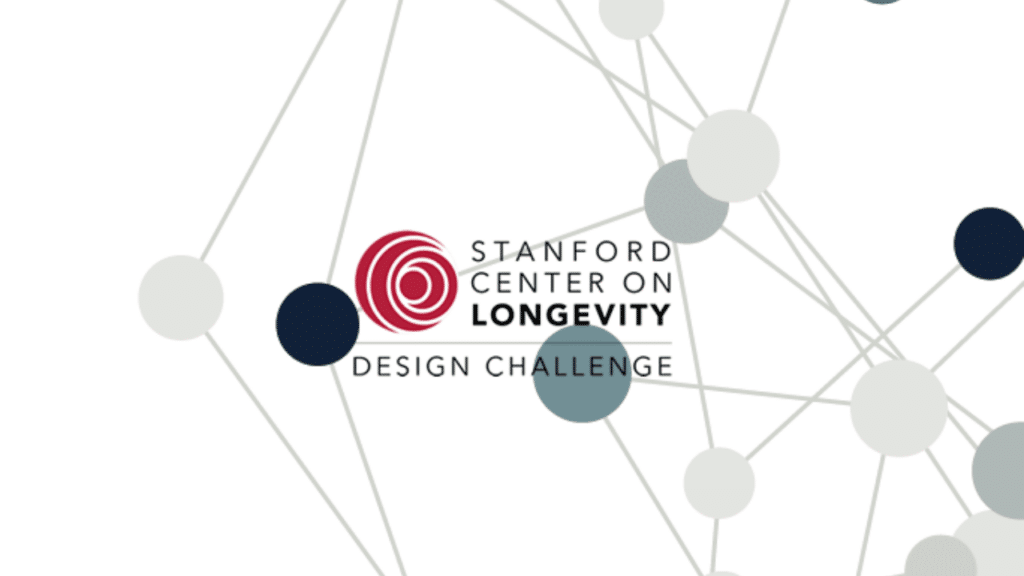In an exciting development, two Indian enterprises have made it to the final round of the prestigious Stanford Center on Longevity’s 12th Annual Longevity Design Challenge. The global competition, which focuses on innovations aimed at improving life quality, is based on the theme ‘Reimagining Education and Learning for Long Lives.’ This year, teams from around the world presented projects designed to cater to the evolving educational needs of individuals throughout their lives. Among these, two unique Indian projects—Flo and Kahaani—have gained recognition for their ingenuity and impact.
Flo: A Journey of Self-Discovery Through Play
Flo, developed by a team from the Indian Institute of Technology (IIT), presents a creative approach to personal development. The project takes the form of a deck-building card game inspired by Ikigai, the Japanese concept of finding one’s purpose. The game challenges players to explore the connection between their personal abilities and the various challenges they face. By navigating these connections, players learn about their purpose in life, ultimately enhancing their self-awareness and ability to tackle personal and professional obstacles. The Flo game brings a fun yet profound way to engage with personal growth, making it an excellent tool for people of all ages.
Kahaani: Empowering Marginalized Children Through Social-Emotional Learning
On the other hand, Kahaani, created by MIT World Peace University (MIT WPU) in India, aims to address the educational disparities faced by marginalized children. This project provides an interactive educational kit that uses games to teach social-emotional learning (SEL)—a crucial skill for young children in navigating their emotions, relationships, and social environments. By focusing on underserved communities, Kahaani strives to foster resilience, empathy, and emotional intelligence in children who may not have easy access to formal educational tools. Through playful engagement, Kahaani promotes holistic child development, which is vital for lifelong learning and well-being.
A Glimpse at Other Global Finalists
In addition to these two remarkable Indian projects, the competition features entries from around the world. For example, Bloom, from the School of Visual Arts in the USA, focuses on helping unemployed youth discover career paths and combat mental health obstacles by encouraging creative exploration. KoMi, from Sapienza University of Rome, Italy, brings a web platform designed to improve soft skills and offer digital portfolios. Another finalist, Mission of Generations from Slovenia, introduces a board game that helps bridge the digital divide for older adults by enhancing their digital literacy.
Other finalists include Silver Tech Explorers, which seeks to boost digital literacy for older adults using AI-powered tools, and Veritas from Texas A&M University, which aims to educate young adults in Pakistan on countering misinformation online. These projects reflect the diversity and global scope of the competition, which showcases innovative educational solutions addressing both present and future needs.
Finals at Stanford University
The finals for the 12th Annual Longevity Design Challenge will take place on April 22, 2025, at Stanford University’s Li Ka Shing Center. The event will feature presentations from all eight finalist teams, who will compete for the grand prize of $10,000. A keynote speech by Mitchell Stevens, a professor at Stanford Graduate School of Education and co-director of the Stanford Center on Longevity, will kick off the event, followed by a panel discussion featuring experts in the education and longevity sectors.
The Power of Innovation in Education
This year’s challenge underscores the importance of creating solutions that address the changing educational needs across different life stages. As people live longer and the world rapidly evolves, learning must become a lifelong pursuit. With projects like Flo and Kahaani, India is proving its innovative capacity in the field of education, tackling both personal growth and social equity.
The Stanford Longevity Design Challenge not only celebrates cutting-edge solutions but also encourages the integration of social and emotional learning into formal education systems, a step toward building more inclusive and resilient communities globally.
For those unable to attend the event in person, recordings of the presentations will be made available after the event, offering a chance for everyone to witness the next big breakthroughs in education and longevity.

